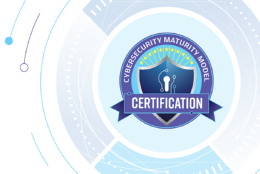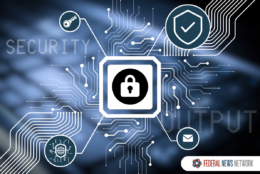Commentary
-
The DOGE gambit will run into a basic fact: Every department, agency, program, grant and contract has a constituency, including Congress, to fight for it.
November 18, 2024 -
If left unchecked, Microsoft’s practices will become the industry standard, clearing the path for other providers to harm customers and weaken their defenses.
November 15, 2024 -
Linda Miller, the founder and chairwoman of the Program Integrity Alliance, outlines six areas for the new Department of Government Efficiency to focus on.
November 14, 2024 -
The SILENTSHIELD red team assessment has highlighted the urgent need for enhanced cyber resilience within federal agencies.
November 13, 2024 -
Together, we can make sure that as veterans transition to civilian life, it opens doors to new opportunities and ways to thrive.
November 12, 2024 -
Virtually every city or town, no matter the size, has existing local programs where veterans can make a difference.
November 08, 2024 -
EEOC’s new data sheds light on how preemptive measures can effectively remedy complaints before they garner the power to inflict serious reputational crises.
November 07, 2024 -
Carraig Stanwyck, vice president and head of global cybersecurity and compliance at Avnet, explains why preparation for CMMC should start now.
November 06, 2024 -
Alex Snider, a strategy lead in the federal government, explains why we need to rethink the relationship between government and its contractors.
November 05, 2024 -
Reducing the complexity and cost of CUI security is essential to supporting small businesses crucial to defense innovation.
November 04, 2024 -
Public trust hinges on the resilience of critical infrastructure and government agencies against cyber threats.
November 01, 2024 -
New benchmarking report details how companies are — or could be — using AI to strengthen proposals, fill pipelines and generate revenue.
October 31, 2024 -
Public servants join government because they believe in making it better, but we also need to trust in each other’s ability to grow and learn through feedback.
October 30, 2024 -
Anyone who is unclear as to their rights and responsibilities should consult a lawyer, their agency ethics officer, and/or the Office of Special Counsel.
October 29, 2024 -
Advancements like cloud and AI will continue to make voice communications more reliable and intelligent.
October 28, 2024















